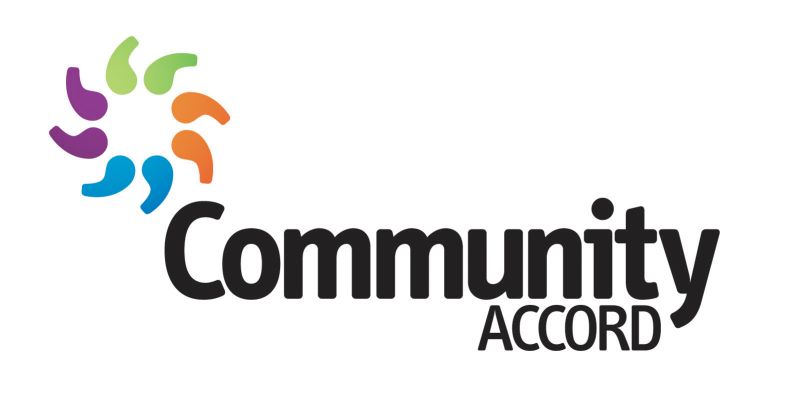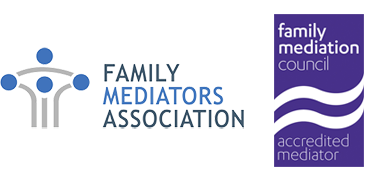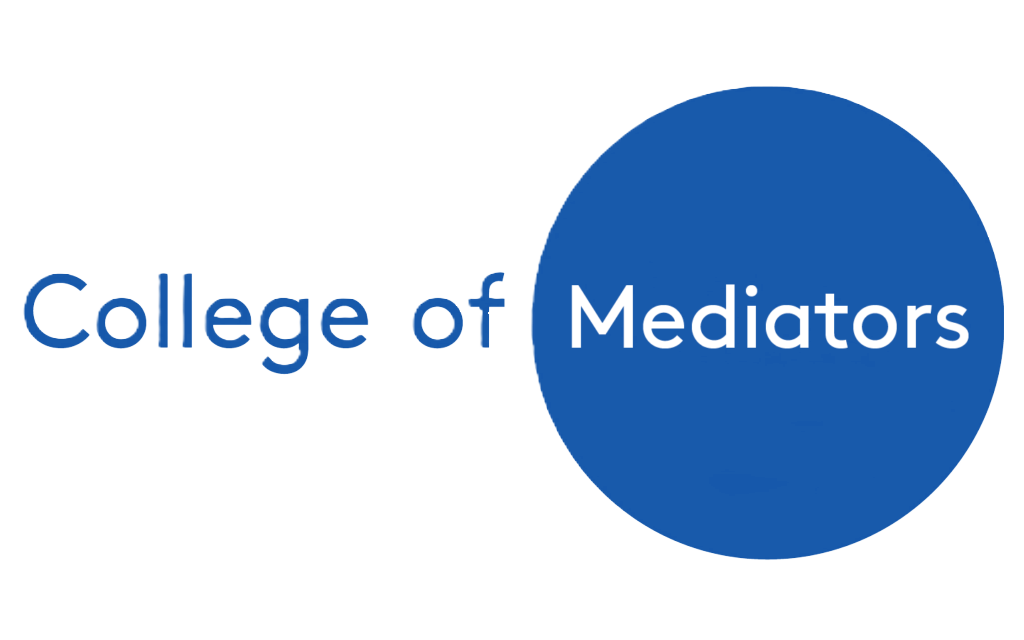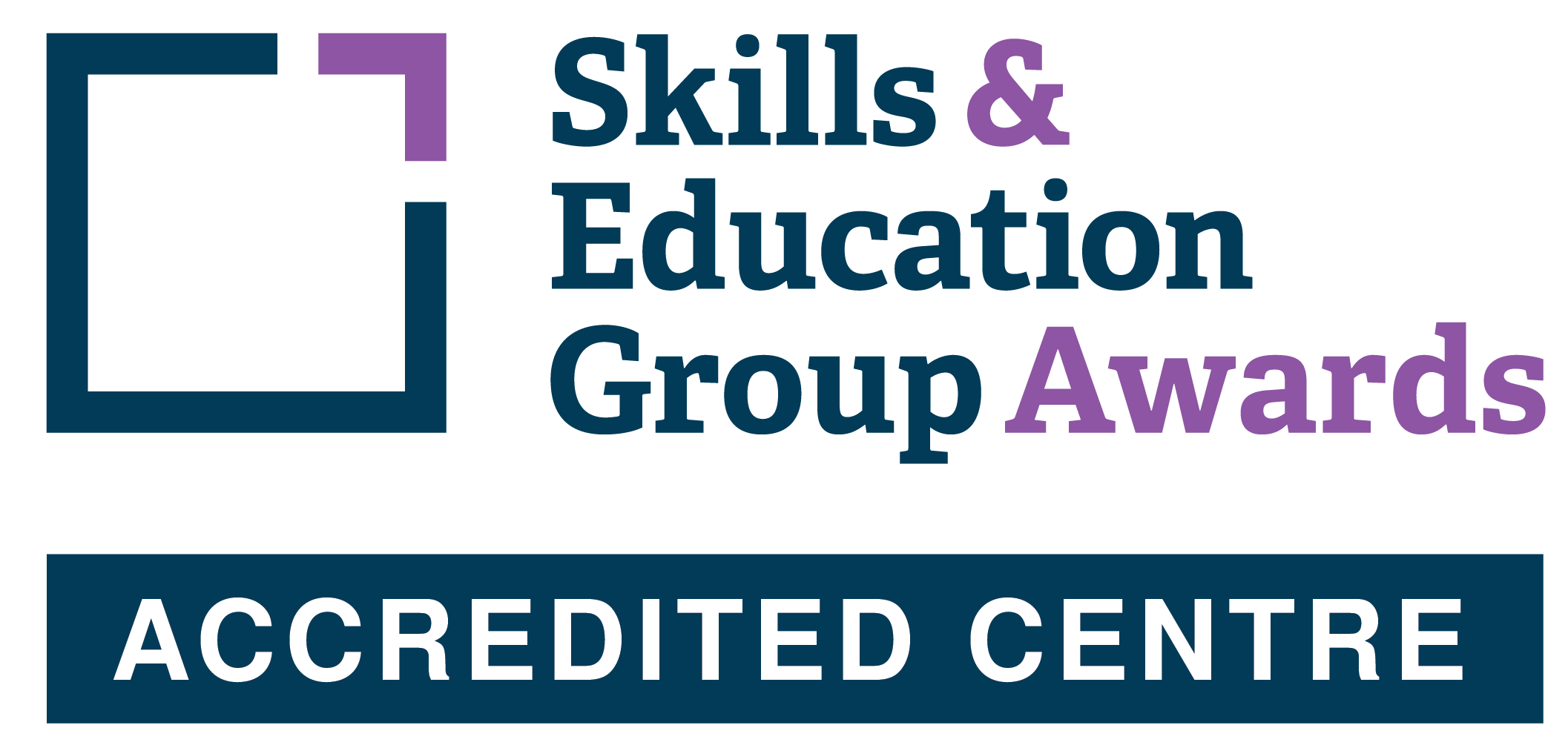What is mediation?
Mediation is a process where an impartial third party, known as a mediator, helps individuals or groups in dispute to communicate effectively and reach a mutually agreeable solution. It’s an informal, structured conversation aimed at resolving differences outside of court.
What happens?
The mediator will speak with all parties to understand the situation. If everyone agrees, a joint session takes place where the mediator guides a discussion to help parties understand each other’s perspectives, identify key issues and underlying needs, and find common ground for agreement. Mediation is voluntary, confidential, and the mediator remains impartial throughout the process, facilitating discussion but not imposing decisions.
Benefits of mediation
- Cost-effective and time-saving: Mediation is generally quicker and less expensive than traditional court proceedings.
- Greater control: Parties retain control over the process and the final agreement, rather than having a decision imposed by a judge.
- Confidentiality: Discussions remain private, offering a safe space for open dialogue.
- Preserves relationships: It promotes understanding and collaboration, helping to minimise conflict and improve communication, especially important where ongoing relationships are necessary (e.g., co-parenting).
- Tailored Solutions: Agreements can be flexible and tailored to the unique needs of the parties involved, leading to more sustainable outcomes.
- Reduces stress: Mediation focuses on cooperation and resolution, potentially easing the emotional burden often associated with disputes.
- Less adversarial: Compared to litigation, mediation is less confrontational and fosters a more amicable resolution.






